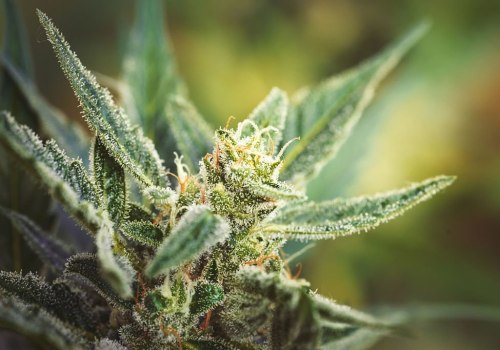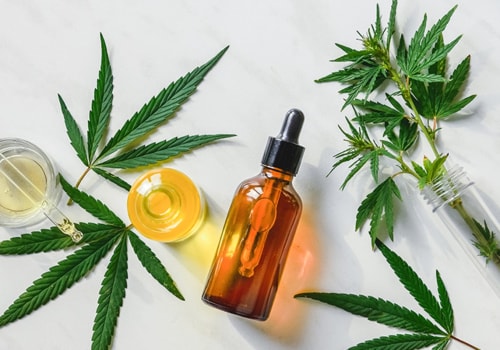The Controlled Substances Act (CSA) is a federal law that regulates the use and distribution of certain substances, including cannabis. In December 2020, the House of Representatives voted to pass the Marijuana Opportunity Reinvestment and Expensiveness (MORE) Act, which would remove hemp from the CSA and make it legal under federal law. This would be a major milestone in the history of hemp, as it has been classified as a controlled substance for over 50 years. The CSA requires that a substance must meet certain criteria to be classified as a controlled substance.
This includes its potential for abuse, actual use, and frequency of consumption. Proponents of rescheduling argue that cannabis does not meet these criteria, so it should either be allowed for medical use or removed from federal control altogether. The MORE Act would also open up Small Business Administration funding to legitimate cannabis-related businesses and service providers, make lending opportunities available to small businesses owned by socially and economically disadvantaged individuals, make it easier for states to implement equitable cannabis licensing programs, and ensure that business outreach centers for veterans can provide services to small businesses. The THC present in hemp is specifically exempt from the bill, as defined in section 297A of the Agricultural Marketing Act of 1946 (also known as the 2001 Farm Act).
Hemp seed oil offers a good source of omega 3 and 6 fatty acids, but it doesn't effectively contain cannabinoids. A large amount of hemp must be cultivated to extract a significant amount of CBD. Proponents of marijuana legalization argue that eliminating cannabis from Schedule I of the CSA and legalizing its consumption in the United States could save billions by reducing government spending on enforcing the ban in the criminal justice system. These changes include removing hemp from the CSA, meaning that it will no longer be an illegal substance under federal law.







